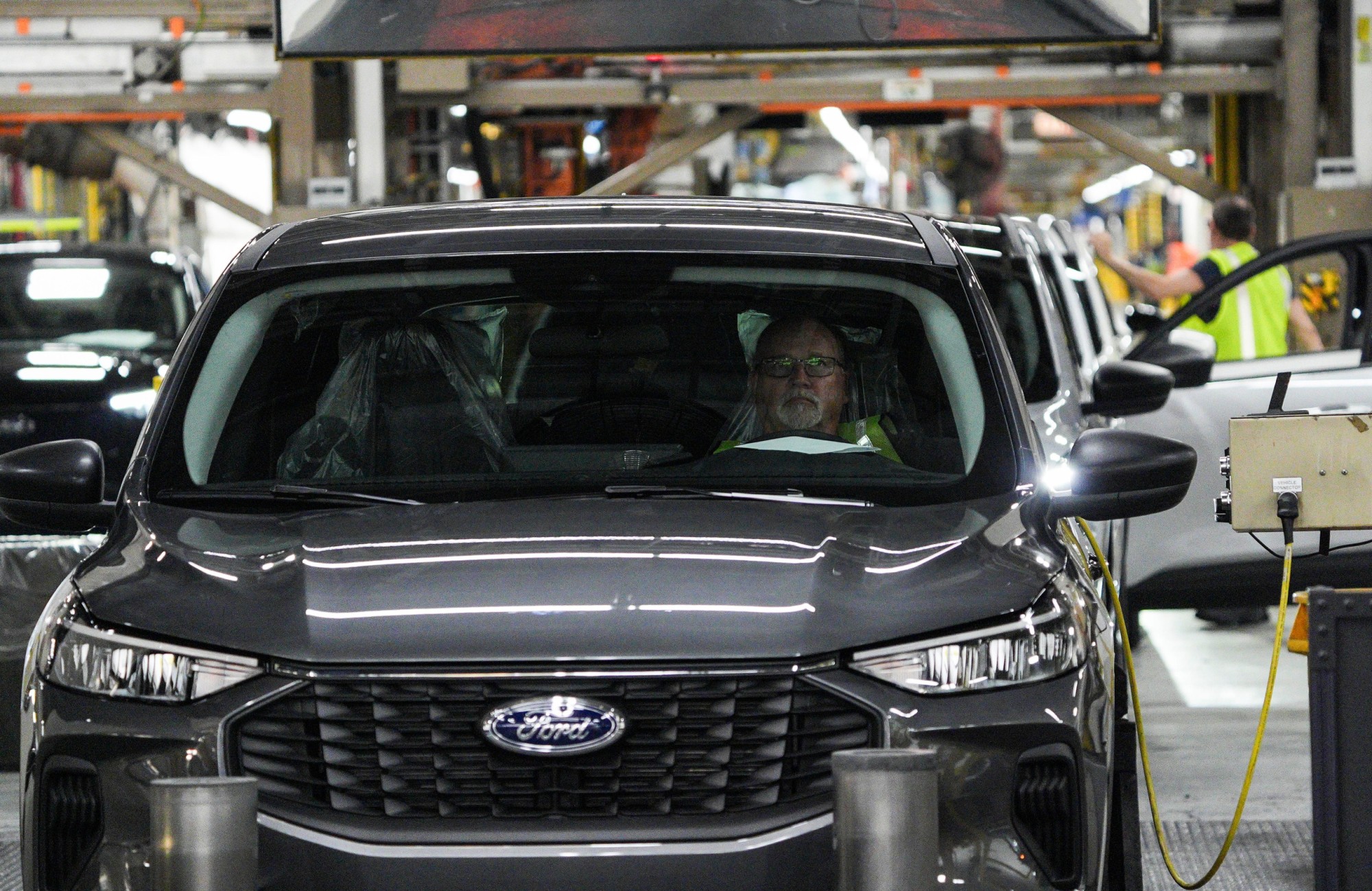Business
$5 Billion Ford Plan Aims to Deliver $30K Electric Pickup
By Jake Beardslee · August 12, 2025

Ford Motor Co. is committing $5 billion to develop a new generation of lower-cost electric vehicles, beginning with a midsized pickup truck expected to launch in 2027 for about $30,000. The move comes weeks after President Trump signed legislation eliminating federal EV tax credits, which will raise costs for many buyers.
The initiative, called the “Universal EV” project, was announced in a press release and blog post from Ford President and CEO Jim Farley. “Ford is going to deliver what no other automaker has been able to: a family of affordable, adaptable electric vehicles that offer multiple body styles for work and play—including for export—and whose LFP batteries will be assembled in America, not imported from China,” Farley said.
The vehicles will use lithium iron phosphate (LFP) battery technology, which Ford says is cheaper, lighter, and more durable than nickel cobalt manganese (NMC) batteries, while avoiding minerals from countries with poor labor and environmental standards. The automaker’s new “assembly tree” method builds the vehicle around the battery as its core structure, allowing the front and rear sections to be produced separately before being joined. Ford claims this reduces parts by 20%, fasteners by 25%, and workstations by 40%, speeding assembly by 15%.
While LFP batteries have somewhat reduced performance in cold weather, they generally last longer. A University of California, Berkeley, engineering professor estimated they could offer two to three times the charge cycles of NMC batteries—good for about 200,000 miles.
Ford aims to keep the pickup’s starting price near $30,000, roughly equivalent to the Model T’s price when adjusted for inflation. However, past launches, such as the F-150 Lightning, saw significant price increases after release.
Production will take place at Ford’s Louisville Assembly Plant in Kentucky, which will undergo a $2 billion overhaul with state government support. The company will invest another $3 billion in its BlueOval Battery Park in Marshall, Michigan, to produce LFP batteries at scale.
Farley told Wired that the project is led by Tesla veterans Doug Field and Alan Clarke, whose propulsion system design rivals Chinese manufacturer BYD’s efficiency. “Turns out, Doug and Alan and the team built a propulsion system that was like Apollo 13, managed down to the watt so that our battery could be so much smaller than BYD’s,” he said. Farley has also praised China’s EV capabilities, noting that he imported and drove a Xiaomi SU7 sedan from Shanghai for six months, calling it a car he “doesn’t want to give up.”